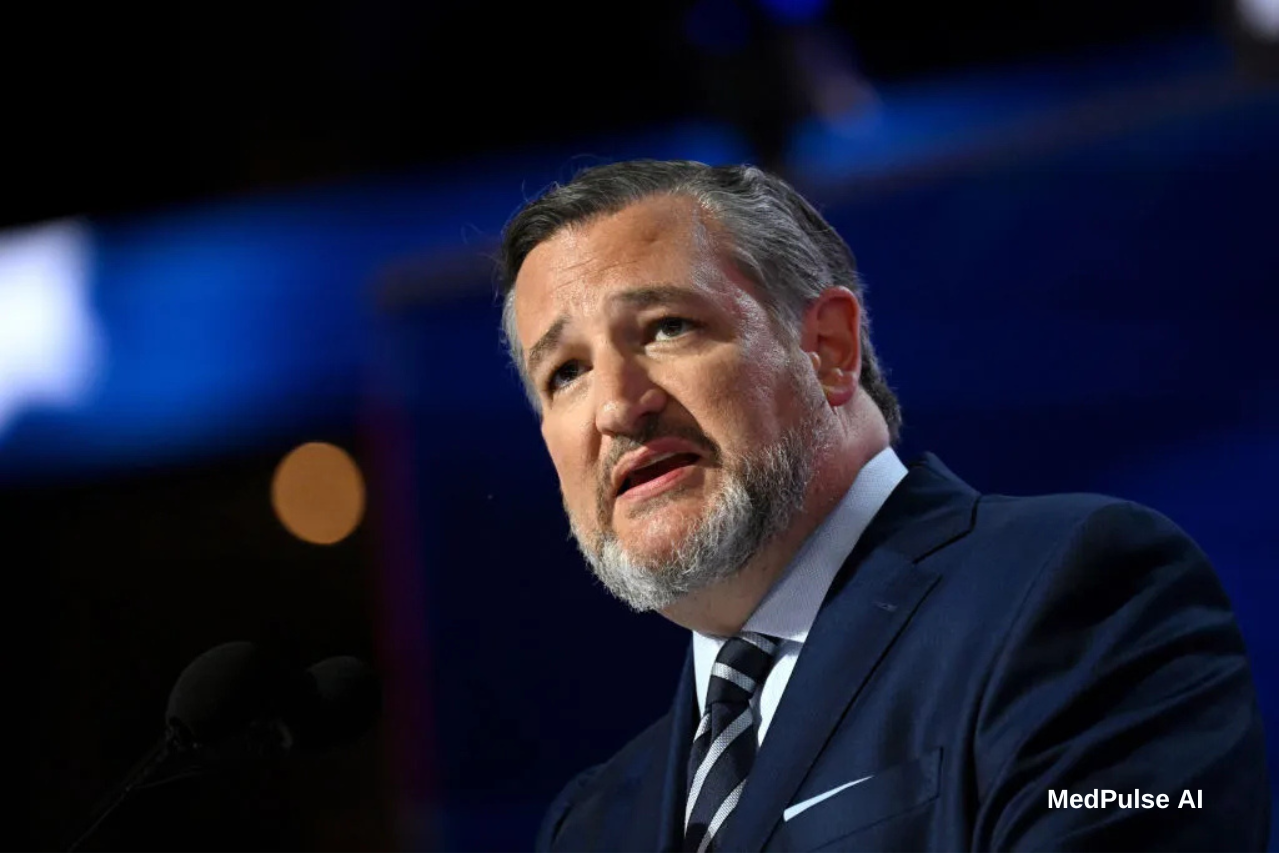Senator Ted Cruz has recently called for an investigation into potential European governmental influence on U.S. artificial intelligence (AI) policy. In a letter to Attorney General Merrick Garland dated November 21, 2024, Cruz raised concerns about foreign involvement in shaping domestic regulations for AI, a technology that is increasingly critical to national innovation and global competition.
The U.S. government has been navigating the complexities of AI governance amidst rapid advancements and rising global competition. While the Biden administration has emphasized the importance of ethical AI development and international cooperation, critics argue that such collaborations could lead to over-regulation, potentially stifling innovation.
Meanwhile, Europe has emerged as a regulatory leader with initiatives like the European Union’s AI Act, which seeks to address ethical risks and protect consumer rights. The UK has also made strides with its global AI safety summit, promoting international dialogues on AI risks. These initiatives often set precedents that affect multinational tech companies, including those based in the U.S.
Cruz criticized what he called “onerous” European AI regulations, asserting that foreign governments, particularly in Europe, are attempting to shape U.S. policies to align with their own. He described these efforts as part of a broader agenda influenced by “radical left” ideologies. Cruz specifically mentioned the Centre for the Governance of Artificial Intelligence (GovAI), a UK-based nonprofit, alleging it engaged in U.S. political activities without registering as a foreign agent under the Foreign Agents Registration Act (FARA).
GovAI, in turn, has maintained that it operates independently and transparently, expressing readiness to cooperate fully with relevant authorities.
Europe’s regulatory approach often contrasts with the U.S.’s more laissez-faire stance. American tech companies have previously voiced concerns about the restrictive nature of European policies, which may increase compliance costs and limit operational flexibility. On the other hand, European officials argue that strong governance frameworks are essential to mitigate risks associated with powerful AI systems.
This tension is part of a broader geopolitical competition, with nations like China aggressively investing in AI capabilities. The global AI landscape highlights the stakes for countries vying for leadership in innovation, ethics, and influence.
At the heart of Cruz’s demands is the application of FARA, which requires foreign entities involved in U.S. political activities to register as foreign agents. If found in violation, such organizations could face penalties or restrictions. This investigation, if pursued, could redefine how foreign influence in U.S. tech policy is regulated and monitored.
Domestically, this issue could further polarize debates over how much influence international bodies and foreign governments should have on U.S. policy-making. Critics of stringent AI regulation warn that it may disadvantage the U.S. in the race to dominate AI, while proponents argue that ethical safeguards are necessary to ensure responsible development.
The outcome of these debates carries significant implications for the U.S. tech industry. Over-regulation could potentially drive innovation overseas or limit the scalability of emerging technologies. Conversely, under-regulation might expose the U.S. to ethical and safety risks, undermining public trust in AI.
Balancing these concerns is a central challenge for policymakers. The U.S. must consider how its approach to AI governance impacts both its domestic economy and its standing on the global stage.
Opinions among experts vary. Some AI ethicists argue that harmonizing U.S. policies with international standards could create a more unified global framework, fostering collaboration. Others warn that adopting stricter rules inspired by European regulations might curb the dynamism of the U.S. tech sector.
Industry leaders have also weighed in, with many calling for a balanced approach that safeguards innovation while addressing ethical and safety concerns.
Marc Rotenberg, President of the Center for AI and Digital Policy, emphasizes the importance of aligning AI policies with democratic values. He notes that “the EU’s AI Act represents a significant effort to establish comprehensive AI governance that prioritizes fundamental rights and ethical considerations.” Rotenberg suggests that understanding these frameworks can inform U.S. policy development to ensure that AI technologies are developed responsibly.
Jason Furman, a Harvard professor and former Chair of the Council of Economic Advisers, discusses the economic implications of AI regulation. He asserts that “smart regulation and government support in research are crucial,” cautioning that “overregulation could stifle innovation, while underregulation might lead to ethical and safety risks.” Furman highlights the need for a balanced approach that fosters innovation while addressing potential societal impacts.
Thierry Breton, the European Union’s industry chief, has urged the United States to adopt new technology regulations to foster a unified digital market between the EU and the U.S. He emphasizes the need for alignment in digital regulation to establish a global digital market, highlighting shared values between the U.S. and Europe.
These perspectives underscore the complexity of AI policy-making, where international regulatory approaches can influence domestic policies. They highlight the necessity for the U.S. to carefully consider global developments while crafting its own AI governance frameworks to balance innovation, ethical considerations, and competitiveness.
Reactions to Cruz’s call for an investigation have been mixed. Tech industry representatives have expressed caution about potential disruptions to cross-border collaborations. Meanwhile, some public voices echo Cruz’s concerns, advocating for greater scrutiny of foreign influence in policy-making.
On the international front, European officials have defended their regulatory initiatives as necessary for protecting consumers and ensuring responsible AI deployment.
If Cruz’s proposed investigation moves forward, it could have far-reaching consequences for U.S.-European relations and the future of international AI cooperation. At the same time, it underscores the need for clear, transparent, and independent policy-making in an era where technology transcends borders.
As AI continues to evolve, the challenge for the U.S. will be crafting policies that balance innovation, ethical considerations, and national competitiveness. The interplay between domestic priorities and global collaboration will likely shape the trajectory of AI governance for years to come.




